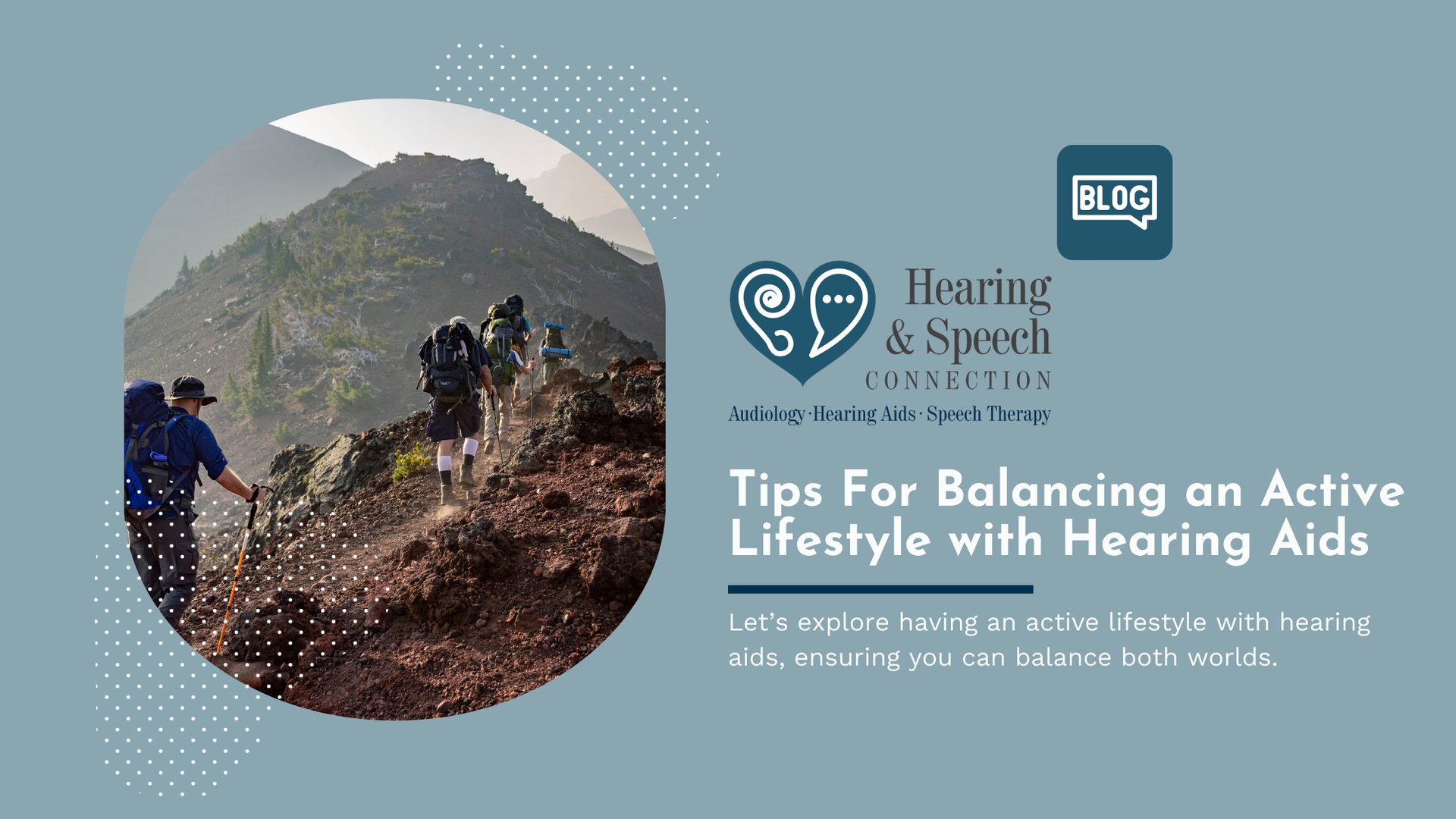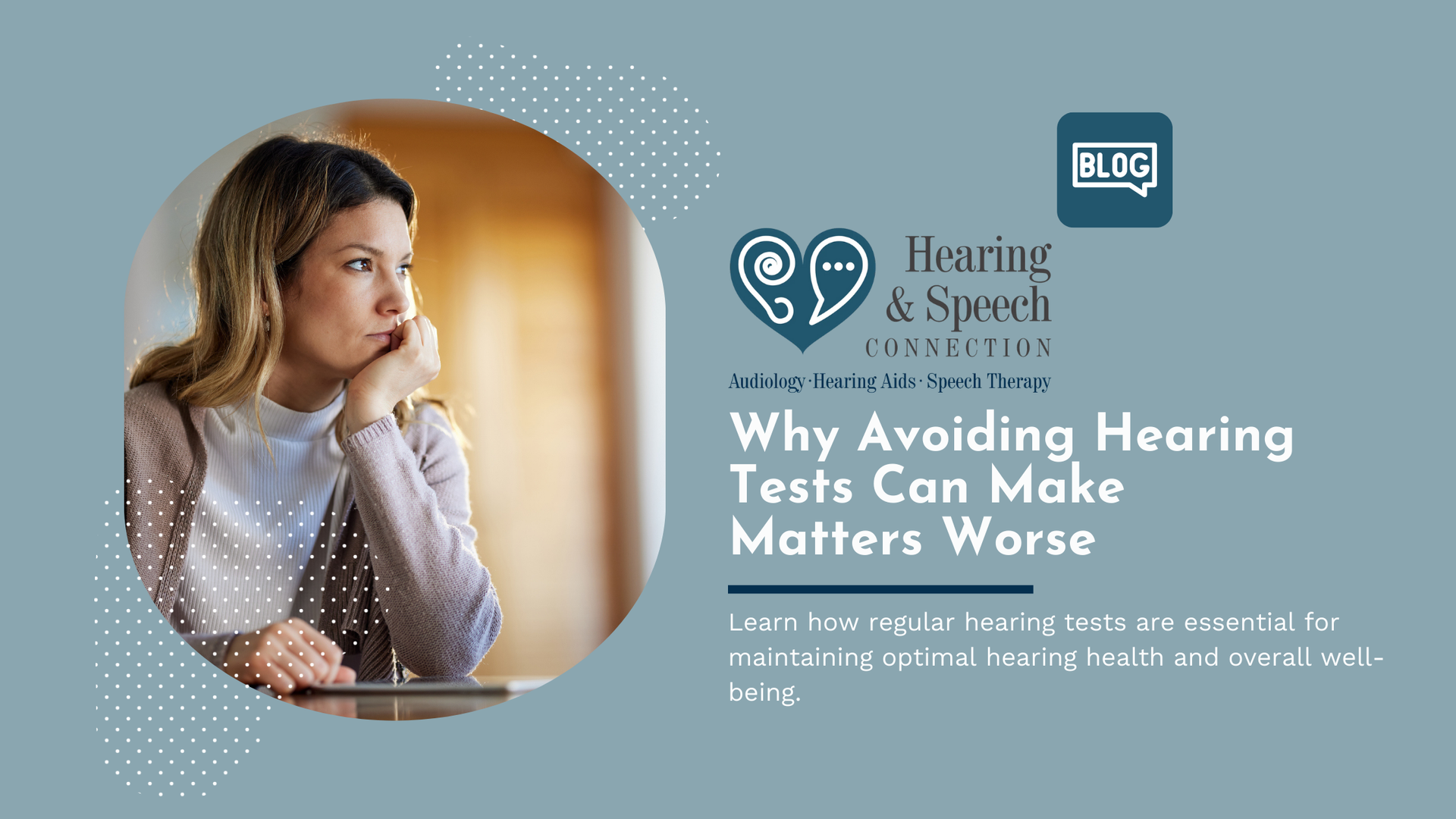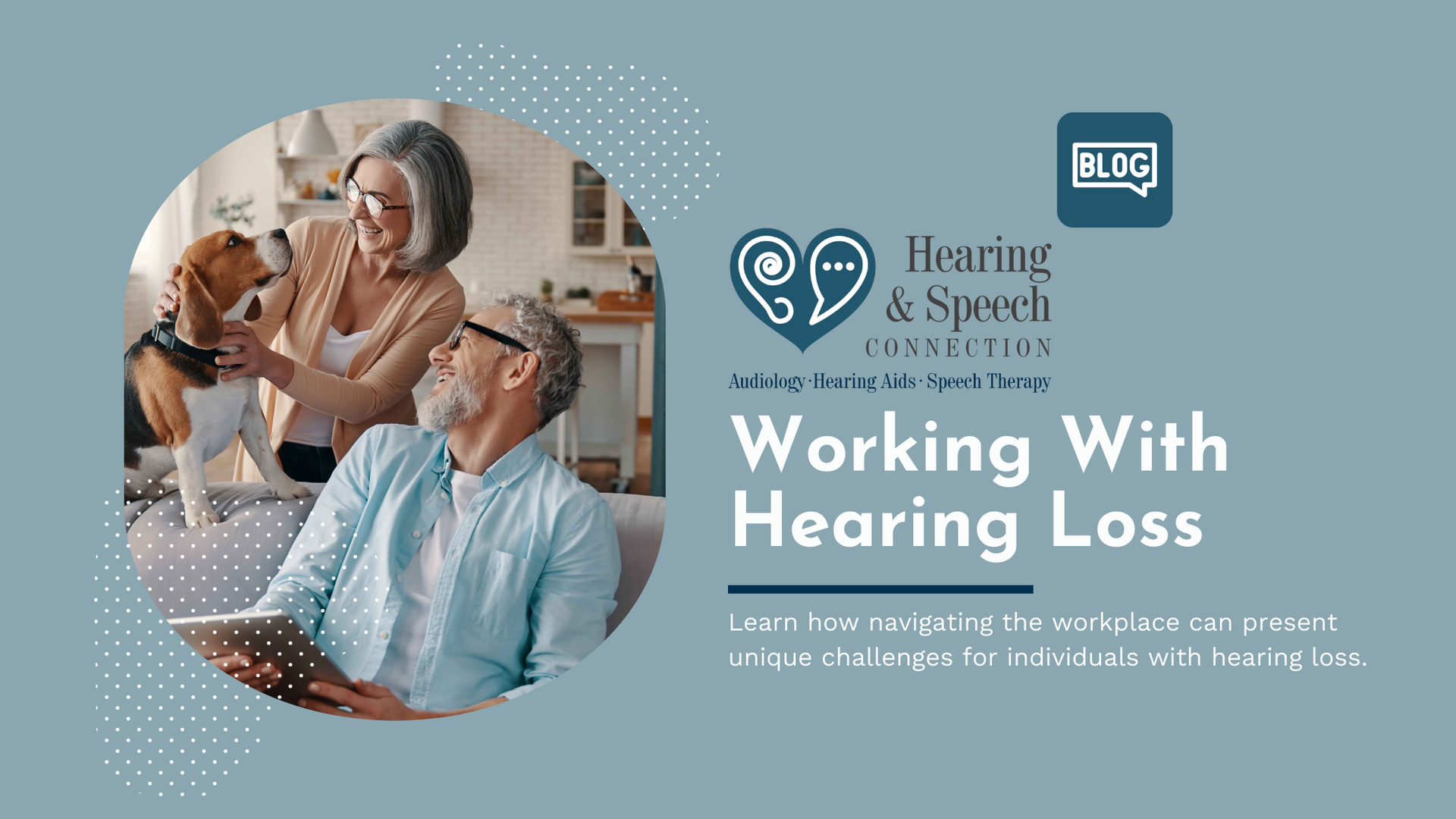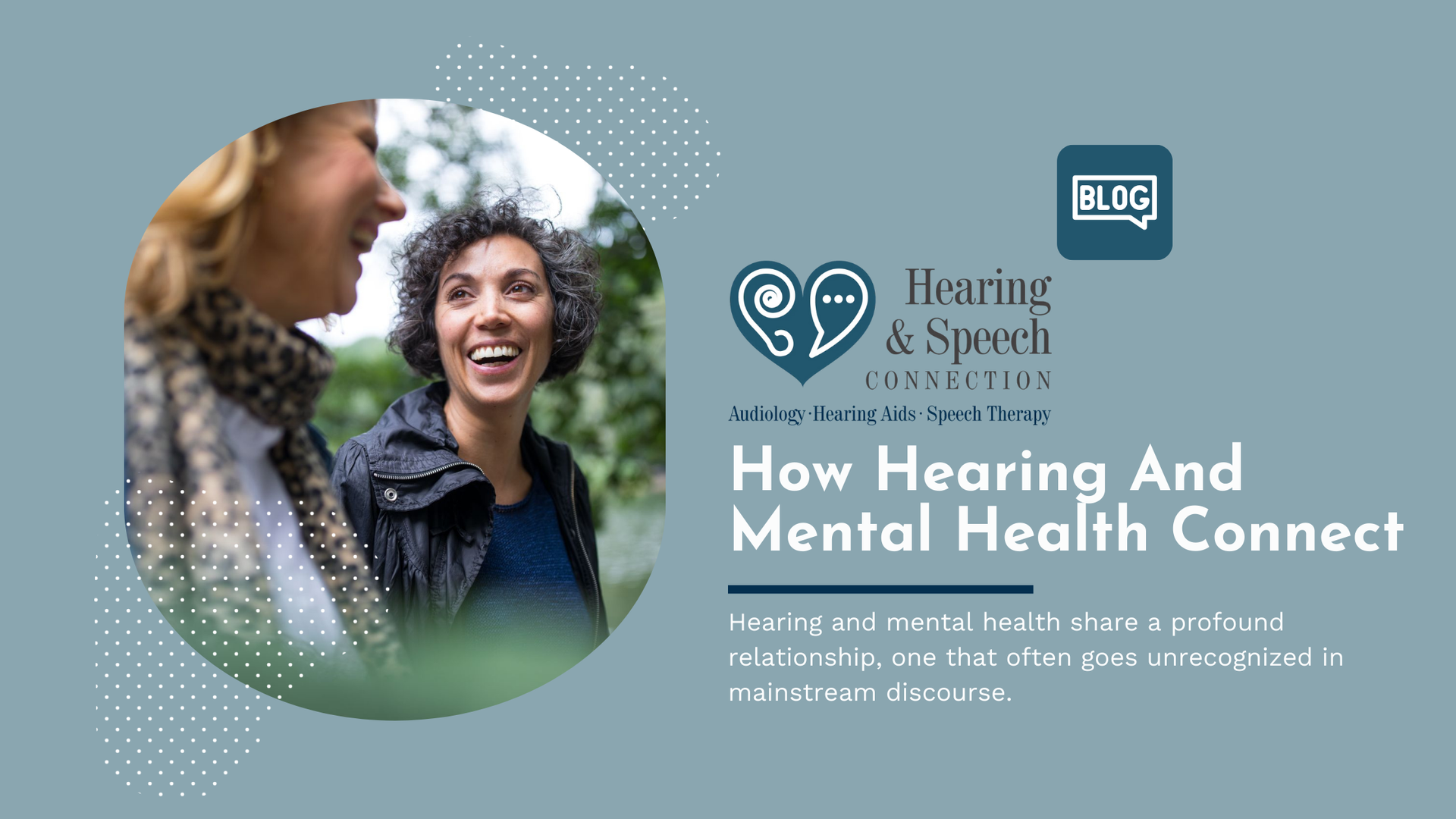Working With Hearing Loss
Working with hearing loss can be challenging. It can be especially difficult if your workplace is noisier. According to the Hearing Health Foundation , 22% of people are exposed to hazardous levels of noise in the workplace. This can worsen hearing loss symptoms which is why it is important to practice as many safety precautions as possible. There are several tips and strategies you can integrate to support your hearing health needs. This can improve your work performance and allow you to navigate this environment with greater ease, support, and comfort. A few useful tips include the following:
- Disclose your hearing loss. You may be going back and forth about whether to share your hearing loss with your employer. It is normal for this to contribute to stress and anxiety as discussing personal health matters can be challenging, especially in the workplace. But we encourage you to disclose your hearing loss because it is a key way you can support your hearing needs while working. There are several major benefits of disclosing your hearing loss including that it opens up the conversation about what you need to be successful in the workplace.
- Know your rights.
Sharing your hearing loss also allows you to access the rights and resources you are entitled to. The Americans with Disabilities Act
(passed in 1990) is an incredibly important piece of civil rights legislation to know about. It does two important things:
- Prevents employers from discrimination based on disability. Under the ADA, hearing loss counts a disability.
- Requires employers (and public institutions as well as spaces) to provide accommodations that increase accessibility.
The ADA protects you from any risk of unemployment because of your hearing loss. It also mandates that your employer provide workplace accommodations to best support you while working.
- Access workplace accommodations. You may be wondering what workplace accommodations are. There are different types of accommodations which are intended to make the workplace more accessible, allowing you to perform your tasks and responsibilities without barriers. Disclosing your hearing loss with your employer allows you to discuss what accommodations they offer and what could best benefit you. Workplace accommodations can include a range of adjustments like making changes to your workspace (moving to a quieter area for installing a barrier to block off loud noise), requesting agendas and meeting notes, using communication technologies etc.
- Share communication strategies.
Another useful tip is to share communication strategies that support your hearing with the people you work with. You likely know the strategies that work best for you, maximizing your hearing during a conversation. This can include:
- Grabbing your attention before starting a conversation.
- Reducing background noise as much as possible.
- Avoiding multitasking which can be distracting.
- Rephasing rather than repeating if you’ve struggled to hear something.
- Facing you during a conversation so that you have access to nonverbal cues.
Sharing these strategies with others invites them to help create accessible conversations. This alleviates pressure you may feel to be totally responsible for smoothly navigating conversations.
- Plan for your hearing needs. It is important to think about and plan for your hearing needs in advance. This can look like requesting that a room be set up in a way where you can see everyone’s faces, a notetaker so you have a copy of meeting minutes, transcription options for training etc.
- Wear hearing aids. Be sure to always wear your hearing aids while working. Hearing aids are intended to be worn during all waking hours. Wearing and maintaining your hearing aids enhances your hearing capacity and strengthens communication. They are especially useful while navigating settings with background noise like work environments.
- Prioritize your hearing health. Advocating for your hearing needs and not shying away from this is essential to supporting your hearing health. Avoid pretending to hear and struggling through conversation by asking for clarification. This is critical to your ability to successfully manage your work responsibilities. Disclosing your hearing loss and sharing communication strategies are great ways to advocate for yourself. It is important to establish the conditions that can best help you thrive in the workplace.
The post Working With Hearing Loss appeared first on Hearing Connection.




All Rights Reserved | Hearing Connection
